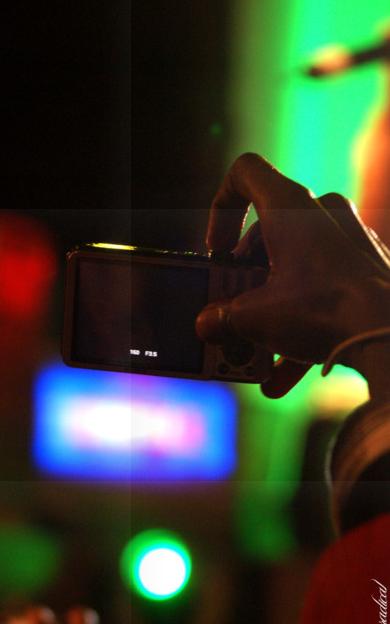I am hesitant to believe the Defendants’ argument on the issue of intellectual property rights to the event since the traditional common law view that has prevailed is that it is difficult to attach ‘any precise meaning to the phrase “property in a spectacle”. A spectacle in this case refers to an event. A “spectacle” cannot, therefore, be “owned” in any ordinary sense of that word. – Mabeya J. in AMCIL v Joseph Mathenge Mugo & ABMCIL HCCC 242 of 2013 at paragraph 29.
In the recent case of Africa Management Communication International Limited v. Joseph Mathenge Mugo & Access Business Management Conferencing International Ltd. HCCC 242 of 2013 (hereafter the HR Symposium case), Justice Mabeya held that there are no intellectual property (IP) rights in a spectacle or event dubbed “Human Resource Symposium”. In holding that there is no IP in a spectacle, Justice Mabeya cited the Australian case of Victoria Park Racing and Recreation Grounds Co. Ltd v. Taylor (1937) (hereafter the Taylor case) where Latham CJ stated that: “The law of copyright does not operate to give any person an exclusive right to state or to describe particular facts. A person cannot by first announcing that a man fell off a bus or that a particular horse won a race prevent other people from stating those facts.”
Another IP issue for the court’s determination was whether the Defendant’s event called “The 2nd Executive Human Resource Symposium, 2013” amounted to passing off as a continuation of the plaintiff’s event known as the Human Resource Executive Symposium 2012. The learned judge found that there was passing-off, therefore the plaintiff had established grounds for a temporary injunction.
Comment:
It is this blogger’s considered opinion that the learned Judge Mabeya misdirected himself on the two IP-related findings of the HR Symposium case, namely passing-off and copyright. In the case of passing-off, it is difficult to understand how the judge found that that the Defendant’s event was likely to be misleading as being that of the Plaintiff yet the facts of the case clearly indicated otherwise. At paragraph 20, the learned judge states that the get-ups of the two events featured predominantly different colours along with different names and logos for the events and organisers. In fact the only common feature was that both events carried the logo of Resource Boosters, a Dutch entity. For the purposes of this judgment, it may have been necessary for the learned judge to refer to the territoriality principle in IP law which would bar the Netherlands-based Resource Boosters from claiming passing-off other than within the context of a well-known mark.
Mabeya J. correctly refers to the case of Reckitt & Coleman v. Borden, which sets out a three step test for passing off namely: goodwill, representation misleading the public to believe that goods of the Defendant and those of the claimant and finally that there was damage cause by the erroneous belief. However, this blogger submits that the learned judge merely pays lip service to the locus classicus on passing-off without applying the three step test to the peculiar facts of the case. For instance, the learned judge failed to interrogate the meaning of “goodwill” as it has developed through the cases and how this meaning would apply in the present case. The learned judge also fails to disclose what evidence was relied upon to find that the public had been misled by the Defendant’s event and that the Plaintiff had suffered damages as a result of this alleged misrepresentation by the Defendant.
On the issue of copyright, Mabeya J. blind reliance on the Taylor case ignores the fact that there may be at least five categories of copyrights works in any single event, namely literary, artistic and audio-visual works as well as broadcasts. All these works may be a material expression of any event and are capable of private ownership. In this connection, there are various exclusive rights that may attached to these works including, reproduction, making available, public performance, broadcast and re-broadcast.
Moving away from HR Symposium case, the question of IP and events in Kenya is a pertinent one especially in light of recent competition between “Samantha Bridal Show” and “Wedding Show” as well as “Blankets & Wine” and “The Mingle”, among others. For the various event organisers in Kenya, protection is provided under trade mark law, copyright law and common law. For the event participants, certain rights may be assigned through copyright law relating to the artistic (photographs) and audio-visual (video) works from events such as a wedding. In addition, the event participants may also acquire ownership rights in photographs and video of a wedding where such works have been commissioned and assignment has been reduced to writing.
